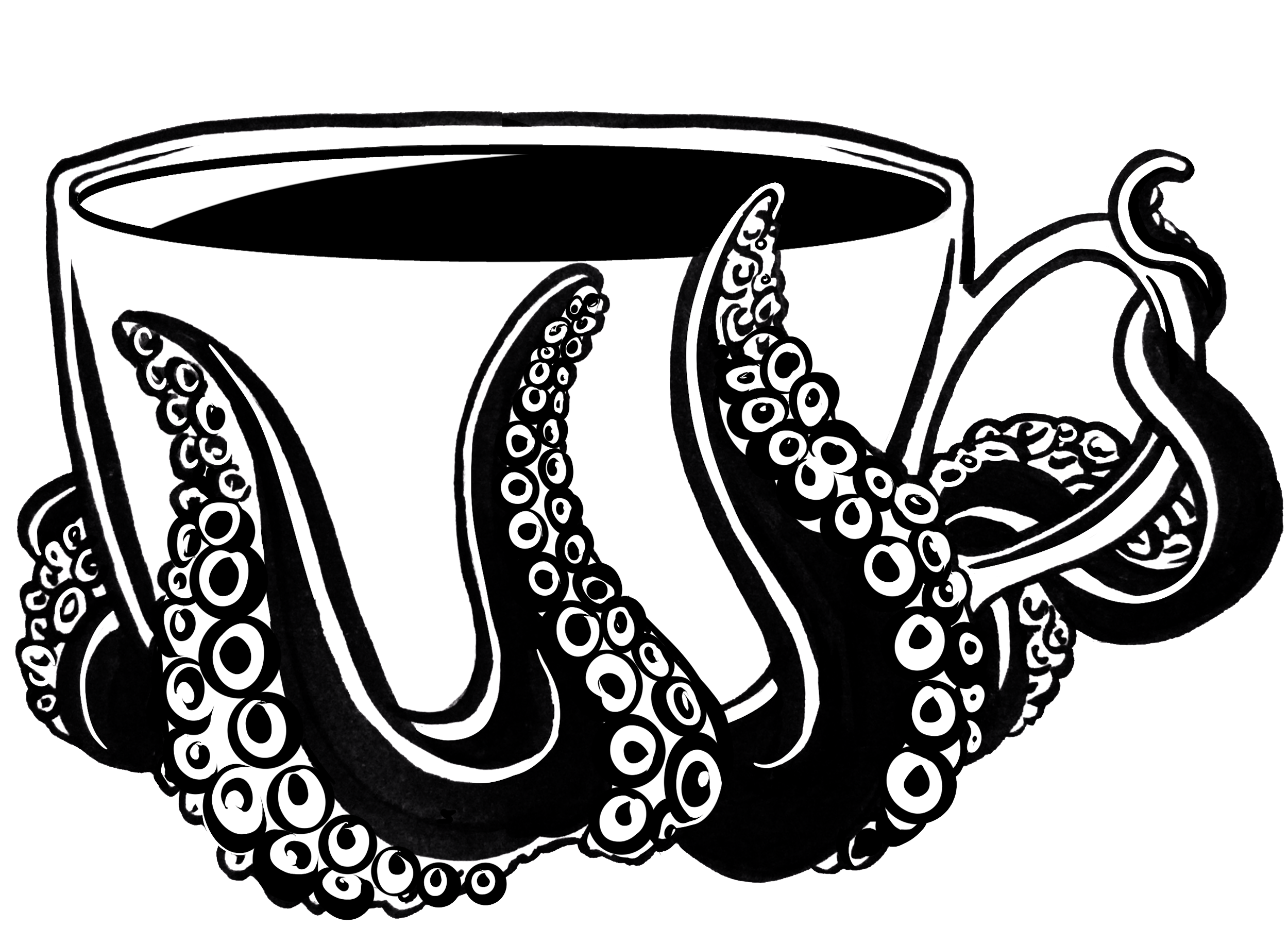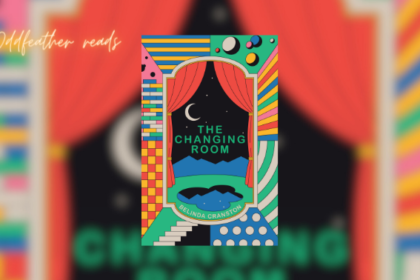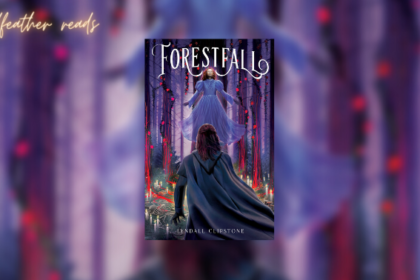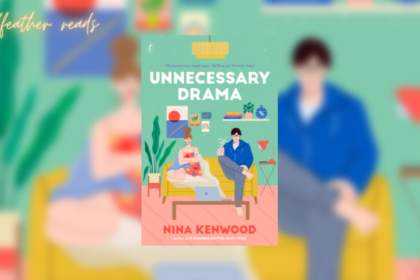What neither of us, what none of us say: You took up all my space. I didn’t know how to say no and you never waited for my yes. I need you to leave me alone now. We swallow the words and the warning bells, so that we take on the doubt, dismiss what we know to be true. We demur, placate. Say just enough and smile just enough and let them touch us just enough, hoping the moment will pass.
p. 292
TW: murder; sexual assault; gendered violence
Jacqueline Bublitz’s Before You Knew My Name is a brilliant debut novel. She unflinchingly takes the lessons of #metoo and our cultural obsession with dead girls and smashes them together. It tells the story of two women, one on the cusp of adulthood and self-becoming, and the other in the middle of an upheaval that she hopes will revive her faith in herself. Alice, the younger of the two, narrates the story, moving back and forth between times, revealing the inner life and workings of Ruby, the other protagonist. Both women arrive in New York City on the same day, each escaping from an unfulfilling romantic entanglement that made them feel disempowered, coming to New York to assert their independence and find something new for themselves. These plans do not eventuate as either of them envision. A month after their mutual arrival in the city, Ruby finds the murdered body of Alice while she’s out jogging one morning, and what follows brings Ruby steadily closer to the person Alice was, and could have been.
Jacqueline Bublitz has taken the well-worn trope of the brutally murdered girl whose story is told by others and turned it inside out and upside down in the best, most thorough way. The story is narrated throughout by the murdered Alice, who accompanies Ruby as she seeks to find out who this young woman really was, helped along the way an unlikely group of friends who find and support each other through their own grief and musings about death. The man who killed Alice is also there. He is not disguised in the passive media language of ‘violence against women’, but he is not glorified or given words or space beyond the bare facts of who he was, what he did, and how he affected those around him. His actions are brought forward so that he can stand accused of his crimes, but they are not dwelt upon for their own sake; the gory physical details of what he did to Alice are not rehashed in soulless dot points or rapt discussions. The story belongs to Alice. It is about her life, her voice, her friends, and the visceral, inarguable horror of having it all taken away so easily by one person.
This is not a light read, and it should not – and I’d argue could not – be taken lightly. It is, instead, vastly important; a strong, brilliant next step in conversations about feminism and dismantling rape culture from the smallest – seemingly innocuous – moments of asserted power to the inevitable endpoint of that entitlement. Before You Knew My Name is a must-read to educate and encourage forwarding thinking about rape and murder against women and how it is dwelt upon in mainstream culture. However, please note that it is heavy going at times and should be approached with mental and emotional preparation for the difficult subject matter. It is not an easy read, but an essential one.
I was provided a free copy of this book by the publisher in return for an honest review.





